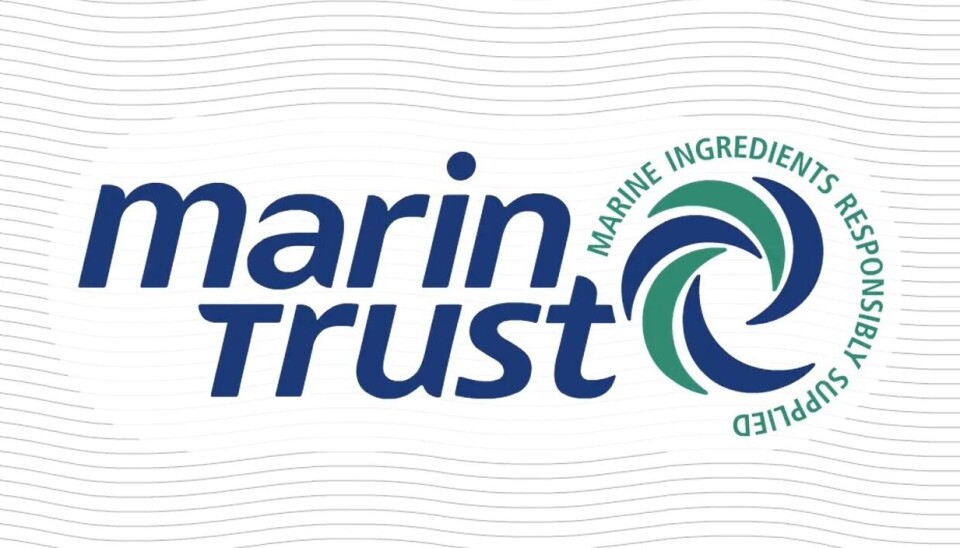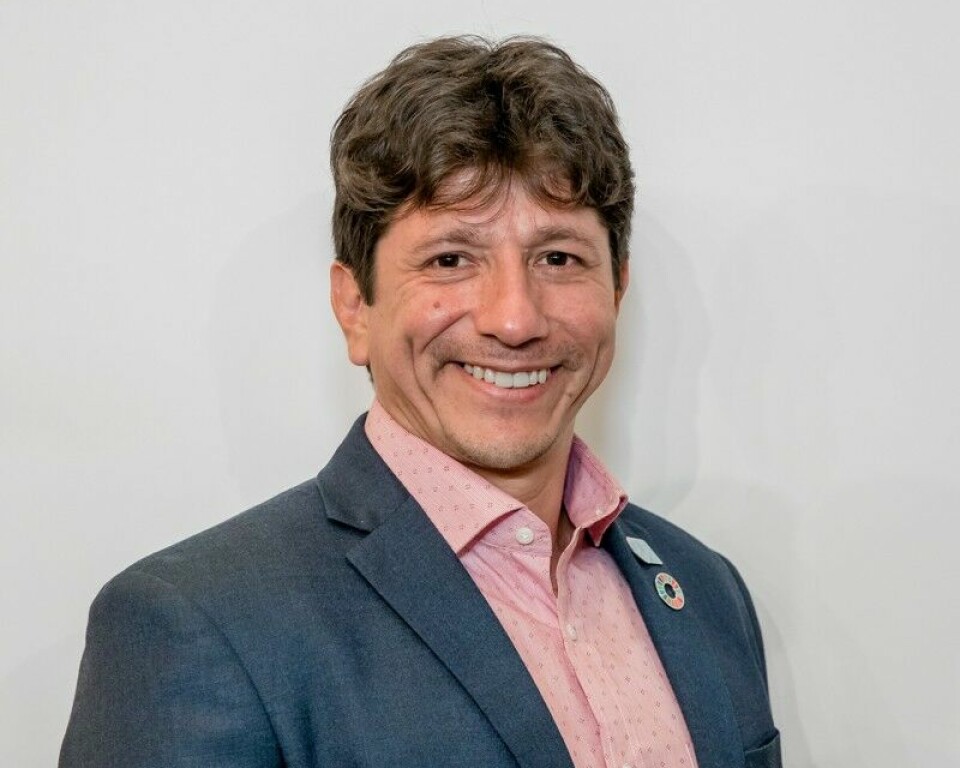
MarinTrust casts net for feedback
Consultation will help gauge effectiveness of forage fishery improvement measures
MarinTrust, which works to improve the sourcing and production of marine ingredients used in salmon and shrimp feed and other products, today began a two-week public consultation about its Monitoring, Evaluation and Learning (MEL) system, which assesses the effectiveness and impacts of the programme.
The organisation has already published a series of case studies highlighting the programme’s impacts, and the consultation is expected to enable the collection of further findings on how to improve the delivery of the three components of the programme: the standard for marine ingredients factories; the Chain of Custody standard and the Improver Programme.
MarinTrust has published a consultation document and would like to hear from its stakeholders regarding the following questions:
- Do you agree with the current identified unintended impacts outlined in the consultation document?
- Are there any positive unintended effects you think should be considered as part of MarinTrust's MEL system?
- Are there any other unintended impacts that the MarinTrust programme may have on the industry?
- Which of the current negative unintended effects do you see as being the most significant and potentially most damaging?
The survey can be completed via this link.
Improver Programme
Case studies include the Ecuador Fishery Improvement Project (FIP), which saw 16 Ecuadorean fishing and processing firms, two traders and four international feed producers signed up to take collaborative action. The businesses involved represent around 80% of the wider small pelagic sector in Ecuador, and include feed giants BioMar (Alimentsa), Gisis S.A. (Skretting Ecuador) and Vitapro (Nicovita).

Francisco Aldon, MarinTrust chief executive, explained that it took around two and a half years for the FIP to get up and running and for it to be accepted into the MarinTrust Improver Programme.
Full MarinTrust certification, which is the ultimate goal for producers of marine ingredients, enables them to demonstrate their commitment to using responsibly sourced raw materials. Taking the first step on the ladder by committing to improving the fishery, was seen as an important tool in safeguarding market access and opening new opportunities, although it doesn’t allow any claim to be made regarding certification.
Not easy to change
“We understand that it is not easy to bring together a diverse range of fishing and feed companies, NGOs and government departments to work collaboratively, in a culture with no such tradition. Nor is it easy to change local and national practices to improve a challenging fishery,” said Aldon.
“There is a high variability in the level of bycatch in the Ecuador small pelagics fishery, which makes it difficult to regulate it. However, the will to improve fishery management was there, and the Sustainable Fisheries Partnership (SFP), an environmental NGO, took the responsibility of overseeing the FIP.”
MarinTrust said overcoming differences in attitudes to sustainability and fisheries management between South American and Western nations was one challenge to overcome, but there was also a growing need to provide certified feed for Ecuador’s growing shrimp industry, which was beginning to embrace certifications such as Best Aquaculture Practices (BAP) and Aquaculture Stewardship Council (ASC). In this respect, the work of the FIP has also been connected to that of Ecuador’s Sustainable Shrimp Partnership (SSP), set up by the country’s largest players who are committed to transforming the future of the sector. The SSP set up a feed working group, to drive innovation and highlight the technological and sustainable advancements being made in the shrimp industry.
A path to responsibility
“The Small Pelagic FIP demonstrates how our ethos of ‘transforming aquaculture to nurture tomorrow’ materialises through practical actions that promote a path towards responsible management of marine resources,” said Fabricio Vargas, shrimp feed general manager for Vitapro.
“The programme creates shared responsibility throughout the value chain by incorporating systems that guarantee the traceability of raw materials and imposing high-impact goals. These have been key elements in its success so far.
“We want our strategic allies to grow at the same pace as Ecuador’s shrimp industry and have made financial investment to deliver a long-term technical vision to help the sector evolve. We have also strengthened our relationships with the whole supply chain, based on a mutual commitment to the responsible sourcing of raw materials.”






















































